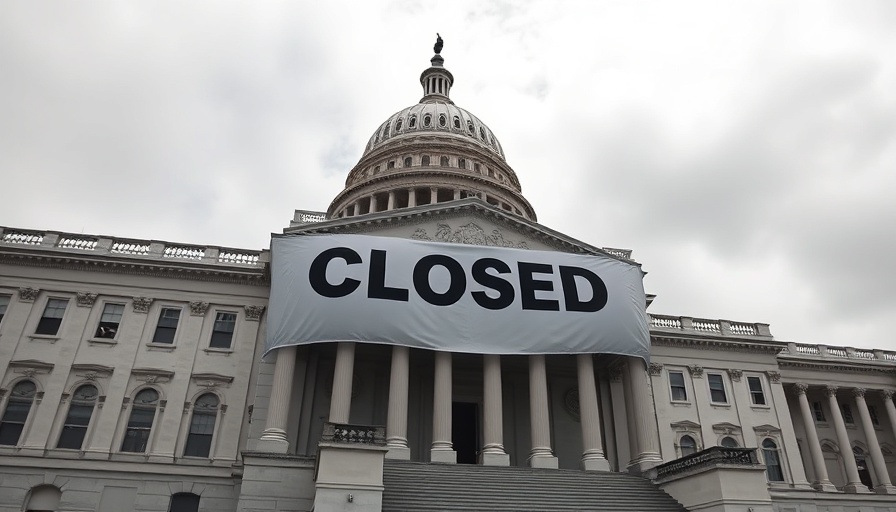
Contractors at Risk: The Looming Government Shutdown
As Congress races towards a March 14 deadline to avert a government shutdown, federal contractors find themselves in a precarious position. Without an agreement on spending levels, the potential halt in government operations could have significant repercussions for contractors across Houston and beyond.
Immediate Consequences for Contractors
For contractors involved with federal projects, the impact of a shutdown can be profound. Payments for ongoing contracts may be stymied, affecting not only cash flow but also project timelines. Contractors are advised to engage with their contracting officers immediately to ascertain how their projects may be influenced in the event of a government halt.
Importantly, all federal agencies, including the IRS, will operate with a reduced workforce, resulting in delays for tax return processing. Consequently, contractors may face slower refunds and complications with tax-related paperwork. The delay also extends to regulatory actions that could be placed on hold until Congress resolves the funding issue.
Legislative Standoff: What Lies Ahead?
The current legislative deadlock involves proposals from the House favoring increased defense and border security funding at the expense of domestic programs, which Senate leaders and the White House oppose. This standoff is indicative of rising tensions that threaten operations for contractors across multiple sectors.
As historical data suggest, shutdowns can last anywhere from a single day to over a month. Contractors who remain proactive, particularly those in Houston who rely heavily on federal contracts, are urged to prepare a shutdown contingency plan to lessen any adverse impacts.
Preparation is Key: Steps to Mitigate Impact
Understanding the ramifications of a shutdown is essential. Academic and business practitioners agree that maintaining open communication with contracting officers and carefully reviewing agreements for stop-work clauses will empower contractors to navigate the turbulent waters effectively. Steps include tracking costs meticulously, assessing contract continuity, and devising alternative work plans to minimize layoffs or furloughs during potentially extended interruptions.
Contractors should inform their clients about possible disruptions in service, rebates, and tax credit processing. Keeping clients updated can help maintain trust and transparency during periods of uncertainty.
Those intending to remain viable in the marketplace must act swiftly; preparing for a government shutdown is not merely advisable—it is essential. By being equipped with a contingency plan, contractors can not only endure a shutdown but emerge from it ready to recapture lost momentum.
 Add Row
Add Row  Add
Add 

 Add Row
Add Row  Add Element
Add Element 




Write A Comment